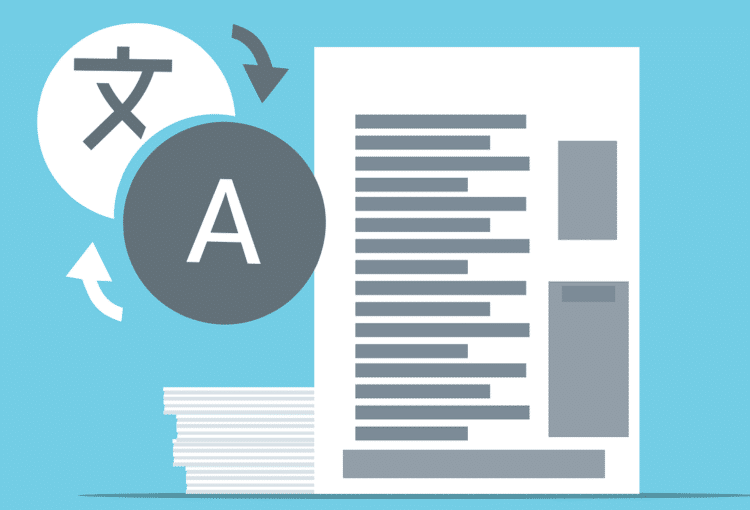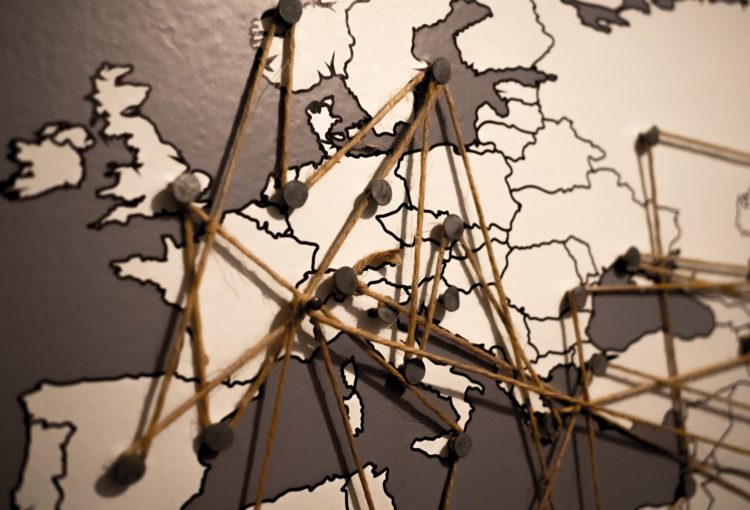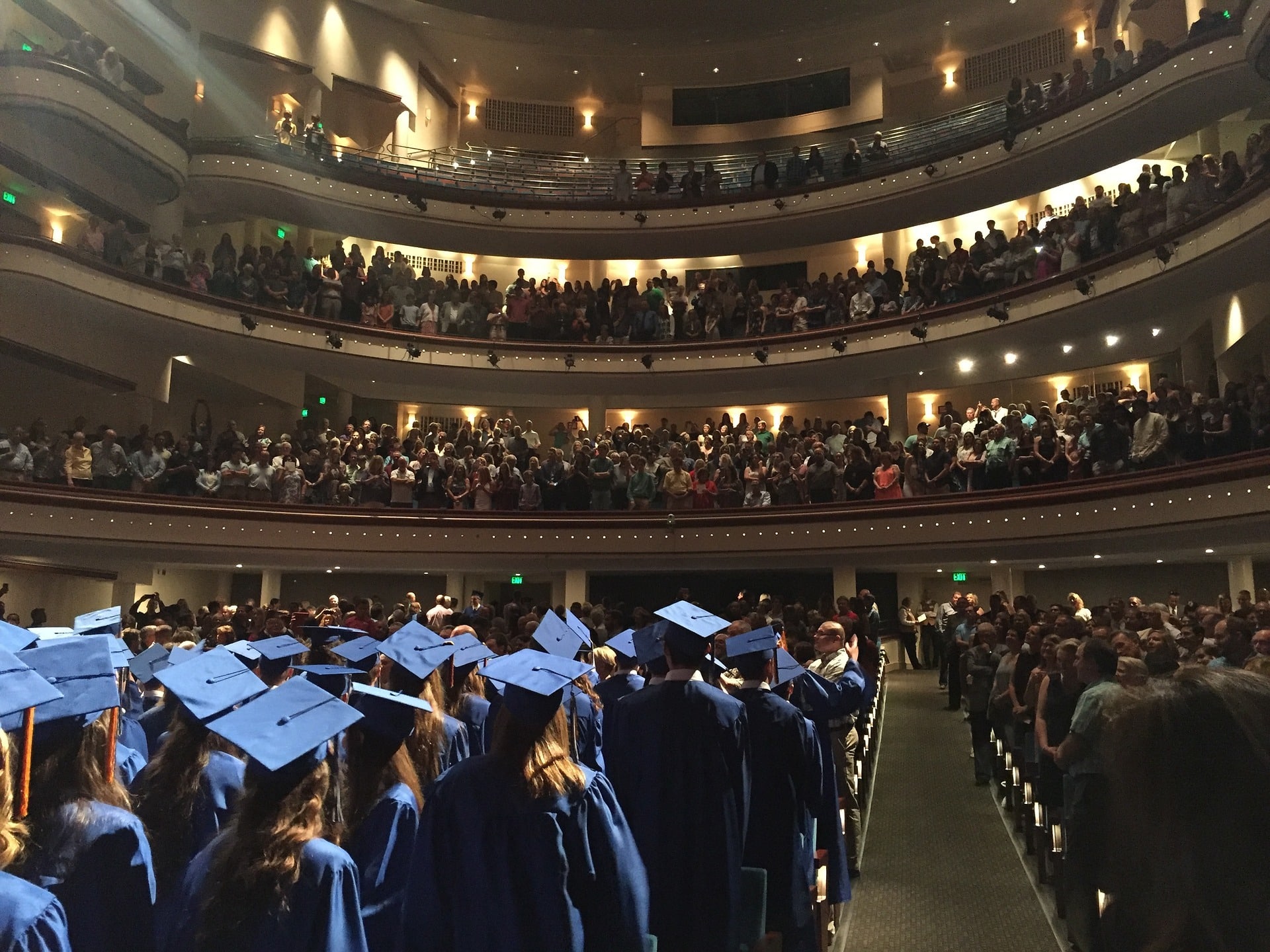In the digital era, machines and computers continue to become more and more intelligent, in some cases now doing a better job than humans. But could automatic translation entirely replace human translators? This article will explore what is the future of translation.
Recent developments
One of the most well-known recent developments is Google Translate, an online translation website which, like other similar services, has increased in accuracy thanks to translation memory technology. This technology considers previously translated words or phrases to improve translation quality.
Furthermore, businesses now have access to endless glossaries and templates available online. These resources rapidly speed up the translation process for companies which are no longer restricted by physical borders. A well-designed website with culturally adapted translations is sufficient to go global.
The benefits of automatic translation
In such a fast-moving world, speed is essential to remain ahead of competitors, and automatic translation has made this possible. Additionally, the abundance of translation tools and programmes make translations easier and more affordable for businesses. Translation agencies already use machine translation to improve efficiency, and this will allow them to expand at a faster rate in the future.
Can human translators be replaced?
The simple answer is no.
Automatic translation is restricted to mathematical problems and codes; however, simple word-by-word translations are often inaccurate. Computers are not intelligent enough to adapt words or syntax where appropriate to convey the intended meaning. Only qualified translators can adapt the content accordingly.
Online translating services still encounter difficulties when translating into thousands of languages and dialects, and translations to or from less common languages are frequently inaccurate. They are therefore only appropriate for quick, low-priority content where a miscommunication would not have drastic impacts.
So, what is the future of translation? Human translators cannot be removed from the equation since they guarantee 100% accuracy. In the case of sworn translation, this is indispensable. Therefore, Computer Aided Translation must be combined with human input will ensure high-quality translations in the future.
We hope that you found this article on what is the future of translation interesting! If you need any assistance, don’t hesitate to get in touch with our experienced team of translators at iTrad Traducciones! Visit our website or send us an email at info@itrad.es.




